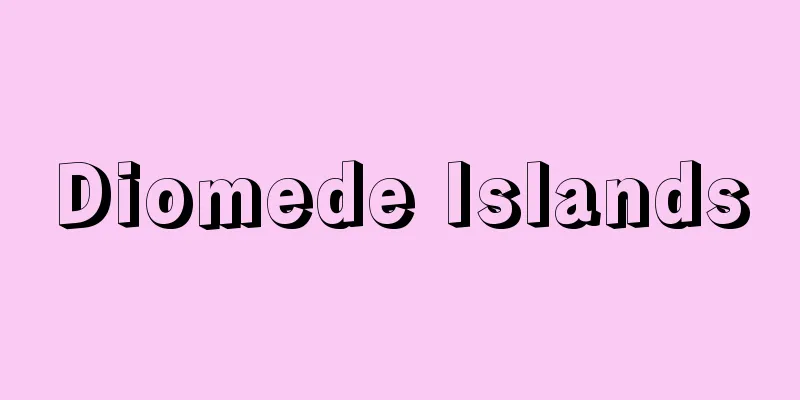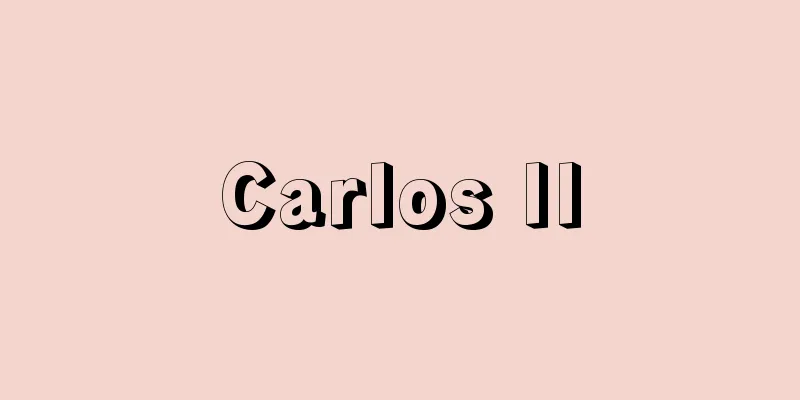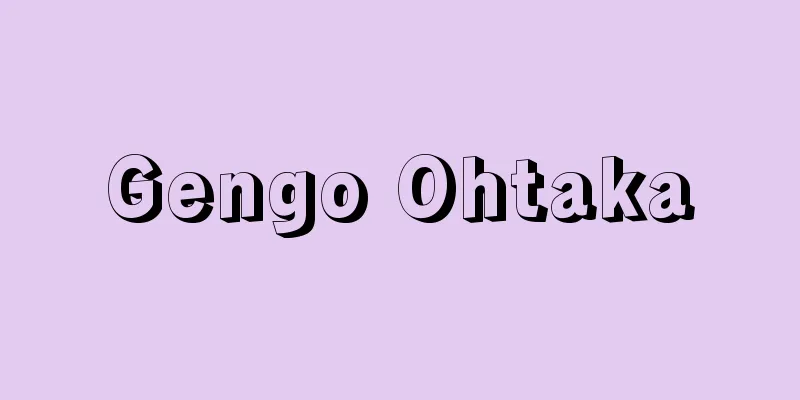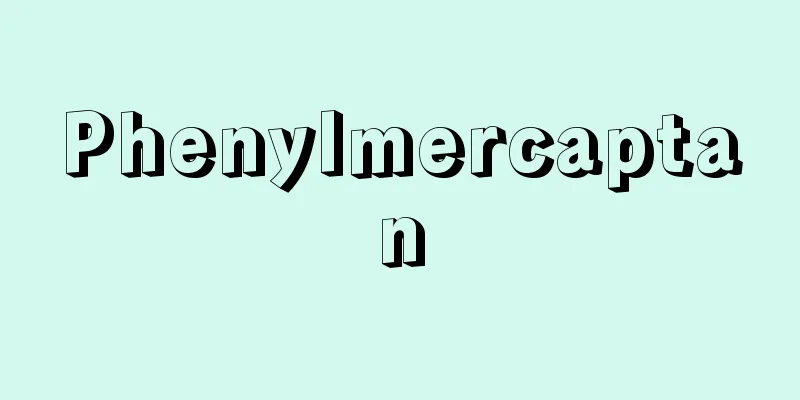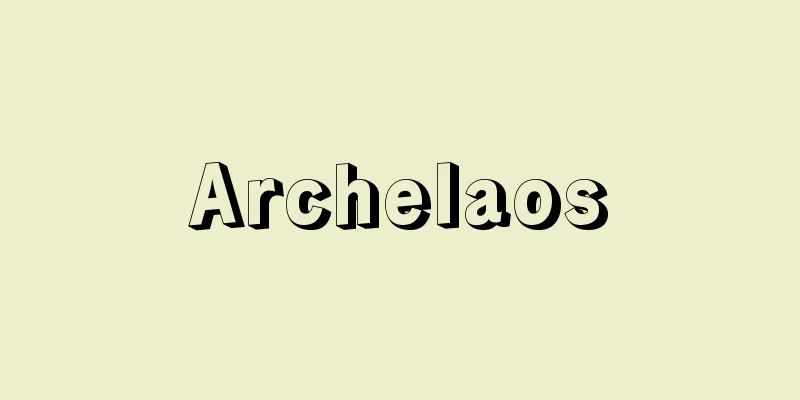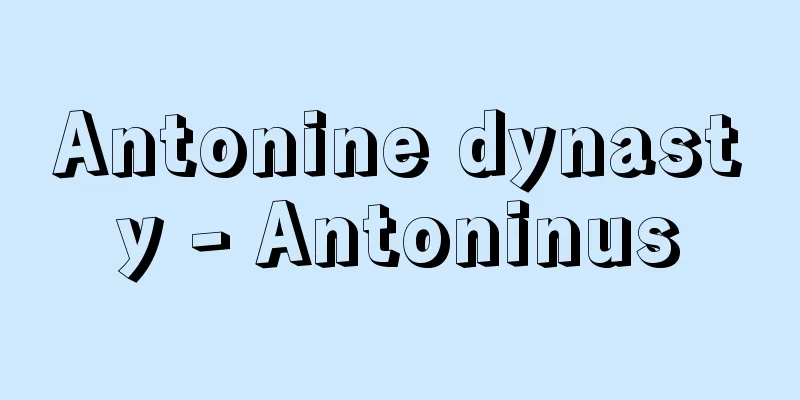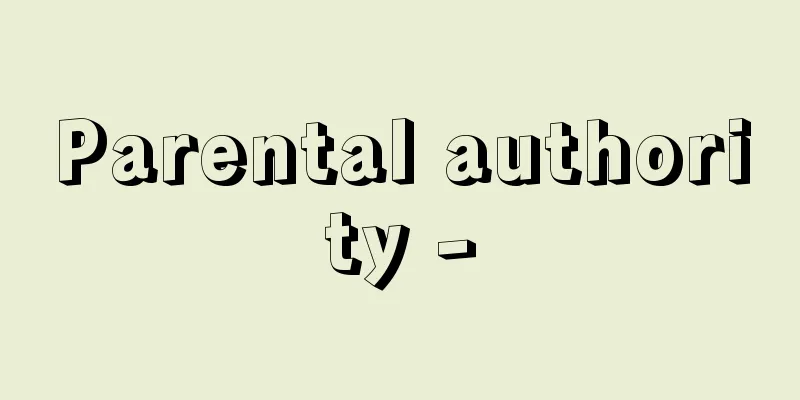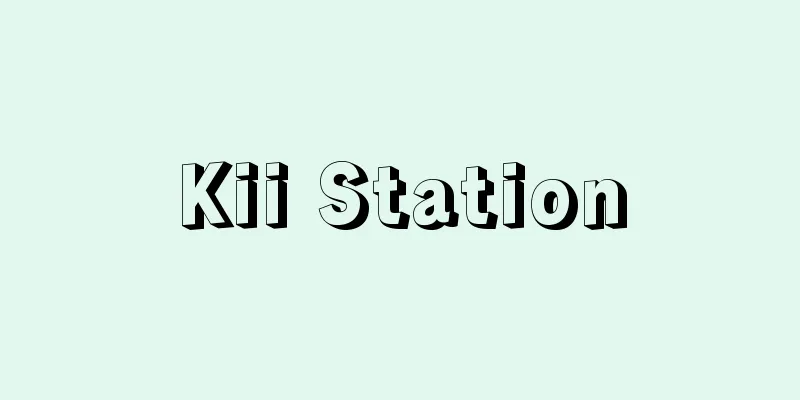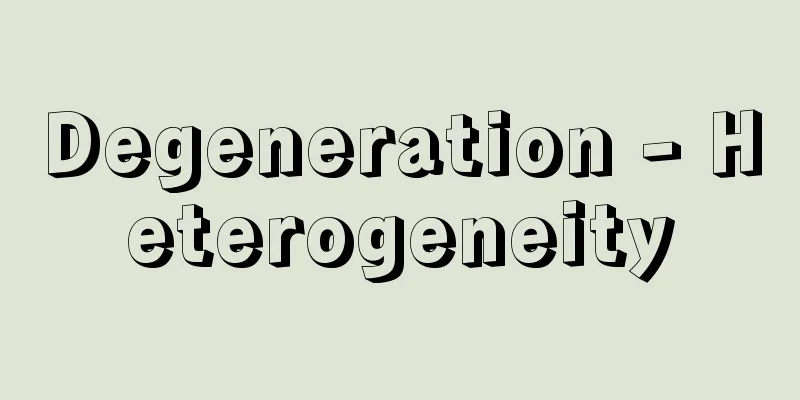Republic - kyowasei (English spelling) republic
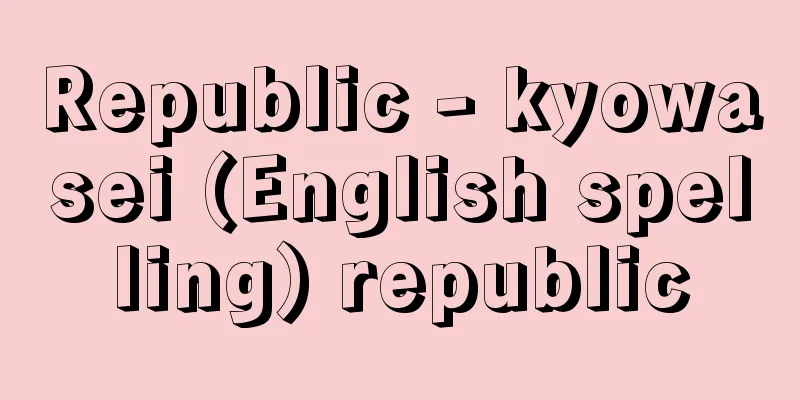
|
It is also written as republic. It generally refers to a political form governed by an individual or group other than a hereditary or elected monarch. In this sense, even before the modern era, there were republican forms of government in Greek city-states, ancient Rome, and Renaissance Italian city-states. In these forms, the members of the political community made and carried out national affairs such as legislation and administration, either directly or through a single person or a group of representatives elected by the people. This is why Japanese who lived in the Meiji period, a typical monarchy, thought of the United States of America, not the United Kingdom, when they heard the word republic. However, if republic is used only as a concept opposite to monarchy, various problems arise. This is because the political forms of Hitler's dictatorship, which was elected by popular vote, and the many non-democratic military regimes found in the Third World today are also included in the concept of republic in the sense that their leaders and leaders are not monarchs. In addition, the United Kingdom and Japan are countries that still have hereditary monarchs or emperors today, so there is the question of whether these countries can simply be called monarchies or constitutional monarchies. In this regard, since the monarchs and emperors are currently positioned as symbols in both countries, it would be appropriate to call them democracies. After the Second World War, most of the monarchies with thousands of years of history disappeared. In this sense, it seems more appropriate to define a republic today from the perspective of whether the political system of the country has democratic characteristics, rather than whether or not there is a monarch. This way of thinking has not existed for a long time. For example, Plato and Bodin used the word republic to mean "a well-governed country," and the meaning of republic appeared especially during the Puritan Revolution, the world's first civil revolution, clearly linked to the meaning of a democratic form of government. At the height of the revolution (1649), the revolutionaries executed the king, abolished the House of Lords, which was the stronghold of the aristocracy, and briefly established the first republic in British history, declaring their country a free state, the polar opposite of oppression. During this period, in his book Oceana (1656), Harrington advocated republicanism with the abolition of monarchy, and considered democratic government, with a representative body based on the will of the people as the highest authority, to be the best form of government. Harrington was the first thinker to position popular rule without a monarch as republicanism, or democracy, and his ideas were, on the one hand, embodied in the political system of the first modern republic, the United States of America, and, on the other hand, inherited by Rousseau's theory of the "general will," the spiritual father of the French Revolution. However, in both the UK and France, the monarchy continued to exist even after the civil revolution. However, after that, as the power and status of the parliament, which had a representative character, was strengthened in these countries, the UK became a democratic country with a symbolic monarch, and France, since the establishment of the Third Republic (1871), realized a Harrington-style political system as a democratic republic. Then, monarchies disappeared one after another during both World War I and World War II, and today most countries are on the path to becoming democratic republics. Therefore, the issue today is not so much whether it means a republic without a monarch, but whether the content of the republic has a truly democratic substance. In particular, after World War I, the emergence of socialist countries aiming to be people's democratic republics forced the existing capitalist countries, which had parliamentary democracies, to reexamine the true nature of their democratic character. In addition, after World War II, most of the countries that gained independence from former colonies became republics, and here too the question of how to realize the democratic character inherent in republics is being asked. [Hiroshi Tanaka] [Reference] |Source: Shogakukan Encyclopedia Nipponica About Encyclopedia Nipponica Information | Legend |
|
共和政とも書く。一般には世襲君主や選挙による君主以外の個人あるいは集団によって統治される政治形態をいう。この意味では、近代以前にも、ギリシアの都市国家、古代ローマの統治形態や、ルネサンス期イタリアの都市国家のなかに共和制をとるものがあった。ここでは、政治共同体の成員が直接にか、あるいは人民の選出した1人の人間か代表者の集合体を通じて立法・行政などの国政に関する事柄を決定したり執行したりした。典型的な君主国であった明治時代に住んでいた日本人が、共和国といえばイギリスではなく、アメリカ合衆国を念頭に思い浮かべたのはこうした理由による。しかし、共和制を単に君主制との対極概念としてのみ用いると、さまざまな問題がおこる。なぜなら、人民投票によって選ばれたヒトラーの独裁政治も、また今日、第三世界にみられる多数の非民主的軍事政権も、指導者や指導層が君主ではないという意味で彼らの政治形態も共和制の概念に含まれることになるからである。また、イギリスや日本は今日でも世襲の君主や天皇の存続する国々であるが、それではこれらの国を単純に君主制あるいは立憲君主制とよんでもよいかという問題もある。この点については、両国とも現在では君主や天皇は象徴として位置づけられているので民主主義国家とよばれるのが適当であろう。 第二次世界大戦後、数千年の歴史を有する君主制国家はほとんど消滅した。とすると、今日における共和制の定義に関しては、君主の存在の有無ということよりも、その国の政治形態が民主主義的な性格を有しているかどうかという観点からみていくほうが妥当であるように思われる。こうしたとらえ方は古くから存在しなかったわけではない。たとえば、プラトンやボーダンは、われわれが共和国とよぶ語を「よく統治された国」という意味に用いていたし、とくに世界最初の市民革命であるピューリタン革命期に、共和国という意味は明確に民主政体という意味と結び付けられて登場しているからである。革命の最高潮期(1649)に革命派は国王を処刑し、貴族の牙城(がじょう)である上院を廃止し、イギリス史上最初の共和国を一時期実現し、自分たちの国を圧制の対極たる自由国家(フリー・ステート)と宣言している。またこの時期にハリントンはその著『オシアナ(大洋)』(1656)において、君主制の廃絶によるリパブリカニズム(共和主義)を主張し、人民の意志に基づく代議機関を最高機関とする民主政治を最良の政治形態としている。ハリントンこそ、君主なき民衆統治をリパブリカニズムすなわちデモクラシーとして位置づけた最初の思想家であり、彼の思想は、一方では、近代における最初の共和国、アメリカ合衆国の政治制度に実際に結実され、他方ではフランス革命の精神的父ルソーの「一般意志」論に受け継がれたものと思われる。 しかし、イギリスにおいてもフランスにおいても、市民革命によってもなお君主制は存続した。だが、その後、これらの国々では国民代表的性格をもつ議会の権限・地位が強化されていくなかで、イギリスでは象徴としての君主をいただく民主主義国として、フランスでは第三共和政成立(1871)以来、民主共和国としてハリントン的な政治形態を実現していった。そして、君主制は、第一次、第二次両大戦を通じて次々に消滅し、今日ではほとんどの国々が民主共和国への道を歩んでいる。 そこで今日の問題は、君主なき共和制という意味よりも、共和制の内容が真に民主主義的な実質を備えているかどうかという点にある。とくに、第一次大戦後、人民民主主義的な共和制を目ざす社会主義国家が出現したことは、既存の議会制民主主義をとる資本主義国家の政治に対して改めてその民主主義的性格の本質を問い直すことを迫った。また第二次大戦後、旧植民地領から独立した多数の国々はそのほとんどが共和国であり、ここでも共和国に本来固有な民主主義的性格をどのように実現するかが問われている。 [田中 浩] [参照項目] |出典 小学館 日本大百科全書(ニッポニカ)日本大百科全書(ニッポニカ)について 情報 | 凡例 |
Recommend
S-Suku - S-Suku
…The oldest carvings, of elephants and hippos, ar...
Corn rose
…Compared to Agrostemma githago, the leaves of Ag...
Tokyo City Tram Dispute
A collective term for 30 disputes (17 of which we...
Sirma
…A canzone consists of a set of several (usually ...
Reformation method - Kaishitsuho
Also known as reforming. One of the petroleum refi...
Jakob Johann von Uexküll
German theoretical biologist. He studied zoology ...
quantum yield of photosynthesis
…As a result of evolution based on bacterial phot...
Dianthus superbus (English spelling) Dianthus superbus
… [Eiji Miki]. … *Some of the terminology that me...
Chrysobalanus (English spelling)
A tree of the genus Chrysobalanus, family Chrysoba...
Tidal volume - tidal volume
… [Lung volume and capacity] After exhalation dur...
British East India Company
The East India Company is a general term for compa...
Kanjin Kogyo - Promotion of financial support
A form of large-scale entertainment held to raise ...
Tokashiki Island
Located about 30km west of Naha City, Okinawa Pref...
Tsukinowa Tomb - Tsukinowa Tomb
This is a circular tumulus with a projection, bui...
Burton, D.
…Other greenhouses, with walls on the north side ...
